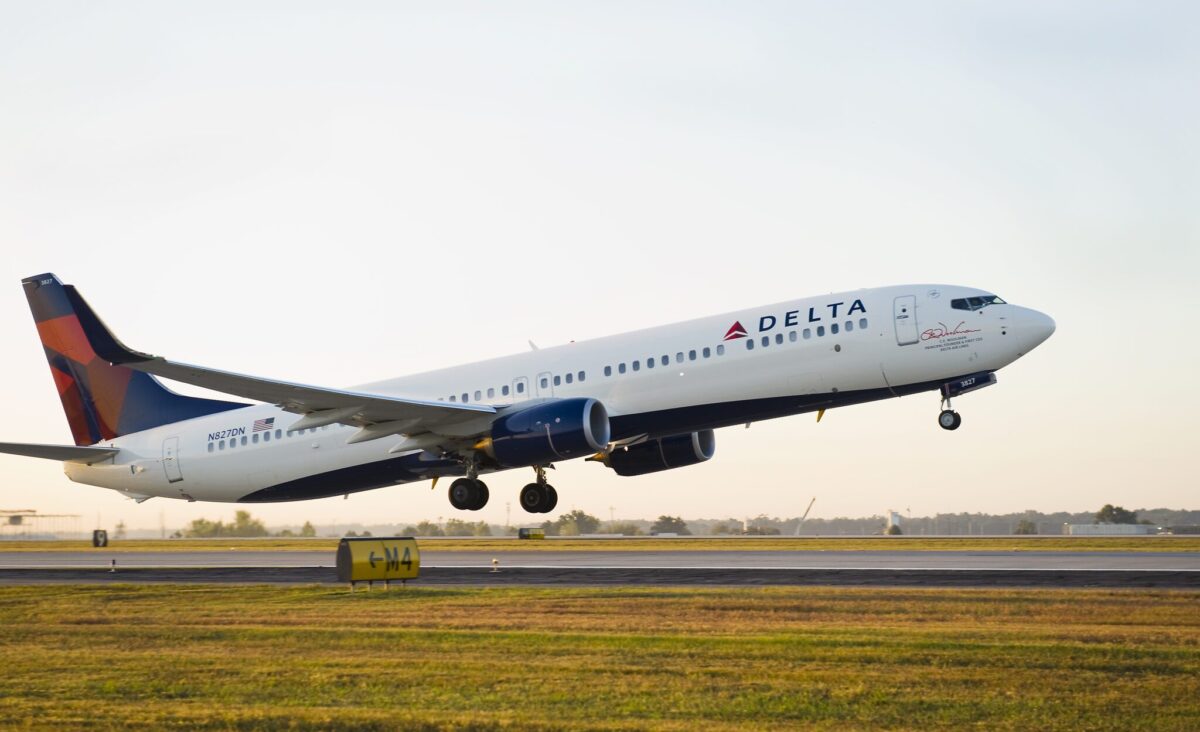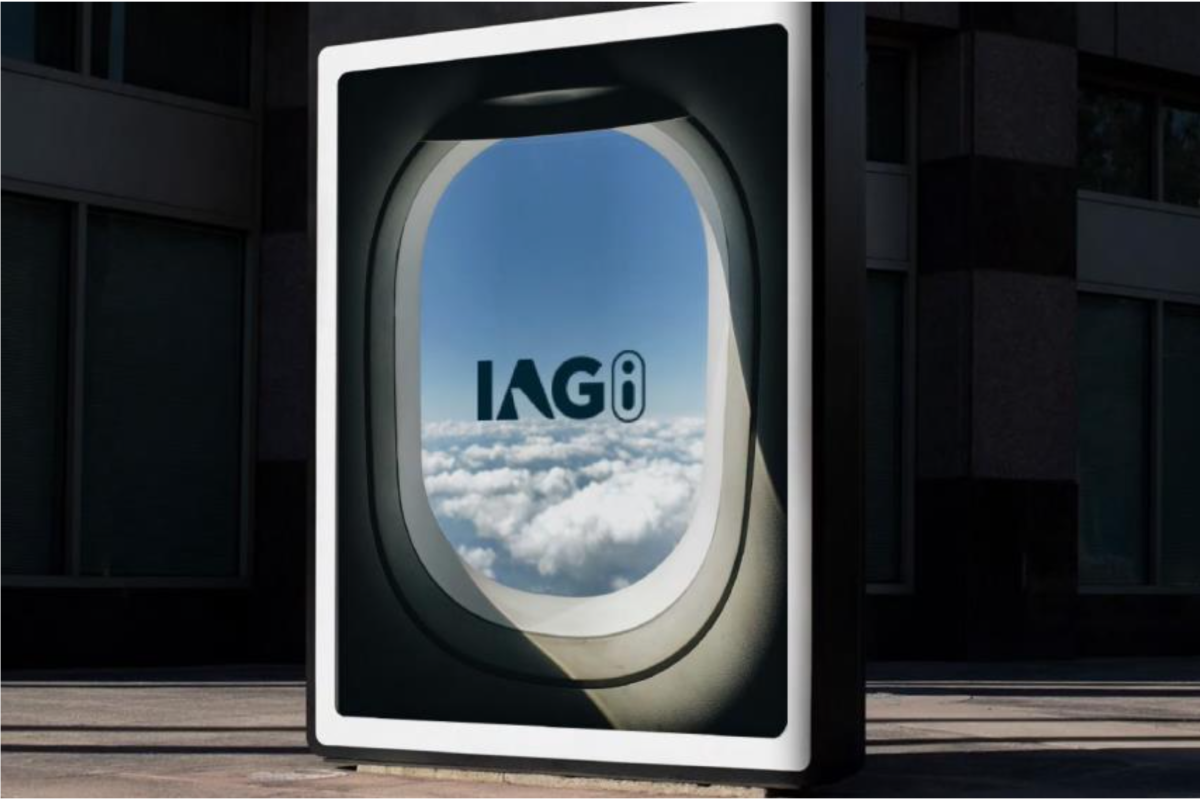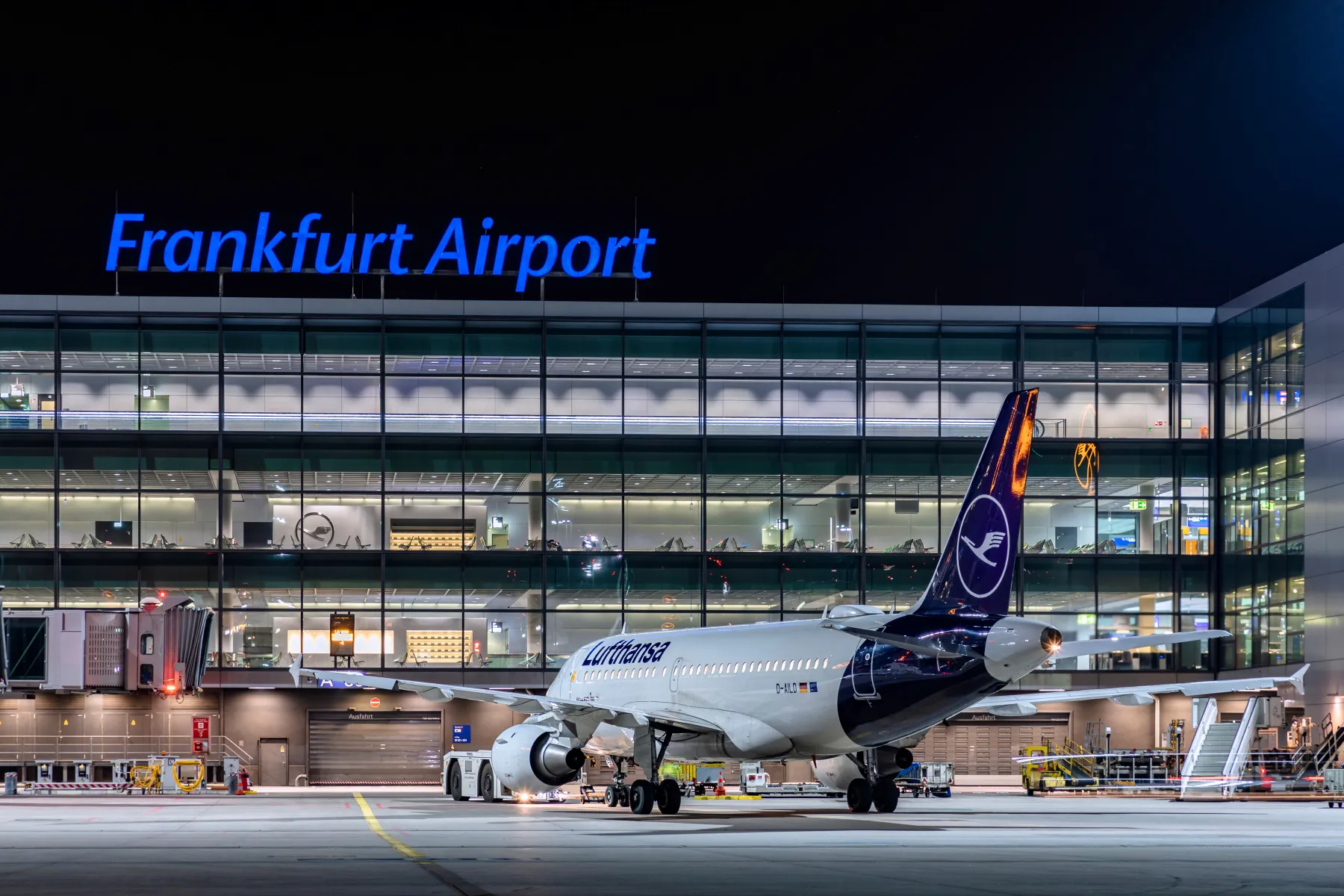7 Issues Confronting the American Society of Travel Agents

Skift Take
The American Society of Travel Agents will need to confront the Trump administration's cold shoulder to in-bound travelers, organizational changes, glass ceilings, and several other key issues when delegates to its ASTA Global Convention 2018 congregate in Washington, D.C. starting Tuesday.
We're attending the event and wanted to point to seven issues facing the organization and the sector.
1. Travel Bans and Cuba Retreat
It's fitting that CNN's chief Washington correspondent Jake Tapper will keynote the confab, and will undoubtedly spill anguished tales about covering President Donald Trump, as a member of the Fourth Estate, or in corners of Washington parlance, "the enemies of the people."
The hotelier in chief hasn't been a friend to the travel industry, and Tapper may touch on Trump's anti-foreigner rhetoric, travel bans, and tightening of the Obama administration's Cuba travel policies.
ASTA, like the U.S. Travel Association, has called on the Trump administration to ensure that potential foreign visitors to the United States hear a welcoming message about the country, but the organizations haven't exactly been on the frontlines of opposition to such anti-travel policies. Most of the U.S. travel industry clearly opposes the thrust of Trump's travel policies, but most of the associations are loathe to get into his line of fire.
The organization has been a little more vociferous in opposition to the rollback of Cuba travel as the Trump administration ended people-to-people trips to the country.
2. Federal Aviation Administration Reauthorization Act
On the political front, too, ASTA is actively opposing elements of the Federal Aviation Administration reauthorization bill, which would mandate additional travel agency disclosures to clients in a number of areas, including the fact that airline preferred seat assignments often come with optional fees, and that travelers have the right to file complaints about airlines with the U.S. Department of Transportation, for example.
If the bill becomes law, the organization argues that travel agents could lose big bucks and would have to spend about 30 seconds extra on the phone during for each transaction reciting the new disclosures to customers.
3. Rebranding and a Marketing Campaign
The big news at the conference from ASTA's perspective is that the organization will rebrand and change its name to the American Society of Travel Advisors.
For the last two decades, many agents have chafed at the "agent" designation as many would prefer being called travel advisors or travel counselors to signify that they aren't mere ticket sellers, and play a vital role in providing advice and support for travelers.
A key question about the rebrand is — what will it actually accomplish? We'll be interested in hearing about what concretely will be gained, and in seeing the effectiveness of a new marketing campaign that will be unveiled. While we are on the topic, is the word "Society" still relevant and appropriate in 2018 and for the future? Doesn't that word connote an outdated era and exclusivity in the worst sense of the word?
4. #MeToo In Travel?
Does the lawsuit against Travel Leaders, in which a female executive who formerly worked there alleges sexual harassment; wrongful termination; and being passed over for a promotion for less-qualified men, represent a #MeToo moment for the travel industry?
Is there a wider and similar problem to be addressed at other travel agencies, not to mention airlines, hotels and car-rental companies? The glass ceiling topic was addressed at last year's conference, and perhaps it will make for cocktail conversation this year.
5. How To Stem the Job Losses
How are ASTA and travel agents — or advisors — going to stay relevant? That's what the new marketing campaign is presumably all about. The issue arises as the U.S. Bureau of Labor Statistics reported that travel arrangement and reservation services jobs in the United States fell 1.8 percent to 218,200 in July 2018 versus the year-ago period.
6. The Sharing Economy
Travel agents report that they are increasingly catering to millennial travelers, who don't mind an Airbnb stay now and then. As Airbnb professionalizes its services with features such as Airbnb Plus, will travel agents feel secure enough to incorporate such lodging types into their clients' itineraries?
And, if agents don't bow to the times, how will they convince up-and-coming generations to forgo booking directly on sharing economy websites so as not to lose this customer base?
7. Is Puerto Rico on the Agenda?
Discover Puerto Rico, the new destination marketing organization, will be presenting at the conference. Will agents support the U.S. territory's recovery by shuttling clients to San Juan and other destinations on the island? After all there's no visa required to visit Puerto Rico, the currency is U.S. dollars, and there will be a ton of hotel refurbishments and openings taking place in the next six months. The Trump issue comes up again here because U.S. efforts to support the island after the hurricanes were shameful. (Full Disclosure: Skift founder and CEO Rafat Ali has a seat on the Discover Puerto Rico advisory board.)
These are just some of the issues on the agenda for the new American Society of Travel Advisors. We'll be on the ground at the conference and will report about these, and others.





